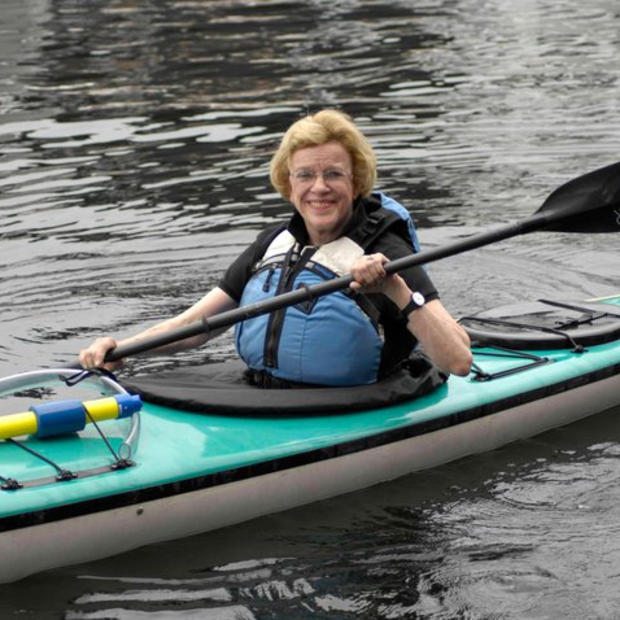Two modern-day pioneers – Al Dietemann, the man they call the “Great Guru of Water Conservation,” and Carl Woestwin, the “Father of Seattle’s Organics” – stopped by my office recently to bid goodbye.
They’re retiring from Seattle Public Utilities (SPU) and they’ll most assuredly be missed, for they both led campaigns so amazing and innovative that the rest of the nation is breathless trying to catch up.
Dietemann joined SPU in 1987, the year of one of the city’s worst droughts. Even so, water consumption overall that year was 41 percent higher than it is today – even with fewer people using Seattle water. As he retires, Dietemann leaves SPU with 233,000 more water customers using 29 percent less water than when he started. By 2030, his efforts will have saved 720 billion gallons of water — enough to fill Lake Washington.
And, while he focused on Seattle’s conservation efforts, Dietemann’s work reached way beyond the city and the region. He materially changed the way the nation uses water by championing efficient appliances, creating the “WaterSense Label” and setting a conservation ethic that is spreading nationwide.
When I met with Dietemann, he told me the story of creating a shower head that saves water, yet still delivers a fully satisfactory experience. Manufacturers went along with the reformed product, with a single vocal hold out. It took a battle, but after thorough testing, the shower head was eventually accepted as the standard.
During the same time period, Woestwin was having an equally important impact on Seattle’s organic recycling movement. When he arrived on the scene in Seattle with a horticulture degree from WSU, Woestwin went to work as a groundskeeper at the Good Shepherd Center, where he would later help form Seattle Tilth.
In 1989 he was hired at SPU and launched Seattle’s backyard composting program, which would eventually be modified to include food waste. Another of his composting brainchildren was the Natural Yard Care program, which sprang out of a Master Composter collaboration with Seattle Tilth. It proved so successful that the EPA has promoted it on its website.
With his colleague and project partner, David McDonald, Woestwin developed a set of simple steps to care for yards and gardens sustainably, using little or no pesticides or herbicides and conserving water. Together, they pioneered mulch mowing of lawns to reduce grass clipping waste.
Since 1988, Seattle residents have diverted 275,000 tons of grass and yard compost from landfills — the equivalent of 30 Space Needles, 40,000 elephants or 750 Boeing 747 planes. In the past 25 years, more than 95,500 compost bins and 25,000 electric mulch mowers have been sold or distributed. Meanwhile, 700 master composter volunteers have donated more than 25,000 hours to provide free yard care services across Seattle.
Lately, Woestwin's attention has been devoted to the needless disposal of wholesome food. He cites a grim statistic: 40 percent of U.S. food is thrown away. In the late 70s, Wallingford activist Victor Lygdman invited notables to a “garbage lunch,” says Woestwin. “He served soup and salad from food that would have been thrown away.” It was a lesson for many who attended.
To fight this trend, Woestwin has worked with local food banks to help them purchase equipment (such as refrigerated trucks and freezers) that let them accept more food from grocery stores. With the help of nearly a half million dollars in SPU grants, 23,000 tons of food was diverted from the waste stream over a 10-year period. That’s enough to provide over 3 million meals to Seattle food banks and feeding programs.
Woestwin may be retiring, but plans to keep on working on food programs. He has a plot in the city’s first community garden, and has plans to volunteer on a food waste committee and adopt a dog, something he felt he couldn’t do during his more active working years.
Dietemann has plans, too, though they’re a little closer to home. He and his wife will devote time to caring for an elderly parent. And in both cases, these genuine pioneers will still be doing what they always have: Thinking globally and acting locally.



